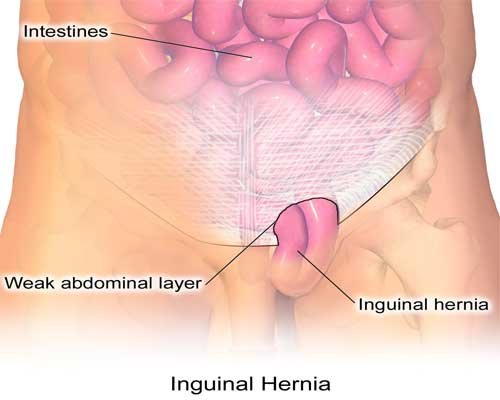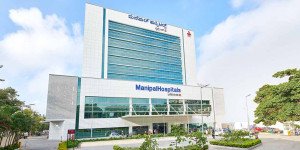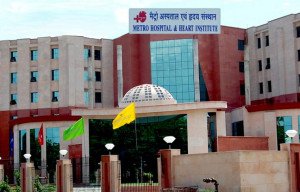Best Inguinal-hernia Treatment In India
Related By Laparoscopy
| # | {packageDetails.name} Treatment Cost | Average Price | Price |
|---|---|---|---|
| 1 | How much does a surgery cost in India? | 35000.00 | 20000.00 - 40000.00 |

- About Inguinal-hernia surgery
- Inguinal hernia types
- A inguinal hernia symptoms
- Inguinal hernia causes
- What Is It and how to prevent inguinal hernia?
- Diagnosis
- Procedure
- Complications and risks
- How should I prepare for inguinal hernia surgery?
- What can I expect following surgery?
- The Advantages of Laparoscopic inguinal hernia surgery
- Inguinal Hernia Methods
- How much does a surgery cost in India?
Package Details
About Inguinal-hernia surgery
An inguinal (pronounced "inguinal ") inguinal hernia surgery is the most common type of hernia surgery that develops due to a weak point in the inguinal canal. It appears as a swelling or lump in the groin, the swelling may be painful.
An inguinal hernia surgeryusually happens when fatty tissue or a part of your bowel, such as the intestine, pokes through into your groin at the top of your inner thigh.
Inguinal hernia types
Direct Inguinal Hernia:
- A direct inguinal hernia penetrates directly through the wall of your inguinal canal. This type of hernia occurs in adults over time, from a combination of weakening abdominal muscles and chronic pressure on the muscle wall.
Indirect Inguinal Hernia:
- An indirect inguinal hernia enters your inguinal canal through the top
A inguinal hernia symptoms
- A bulge in the groin region Burning or aching in the bulge
- Occasional pain and discomfort in the groin
- Feeling pressure
- Weakness in the area
- Pain or swelling around the testicles (in males) are the hernia symptoms
Inguinal hernia causes
- Excessive pressure on the abdominal muscle wall
- A pre-existing weak spot in the wall around the inguinal canal Straining during bowel movements
- Strenuous exercises
- Physical activities
- Chronic cough
- Sneezing
What Is It and how to prevent inguinal hernia?
Diagnosis
Procedure
Complications and risks
- An inguinal hernia surgery, like other surgical procedures, might result in the following complications:
- Anesthesia reaction
- Internal organ dysfunction
- Infection with excessive bleeding
- Furthermore, even after inguinal hernia surgery, for a month or two until healing is complete
- Risk of post-surgical problems
- Infection of the Mesh
- Significant discomfort in the wound or sutures
- Seroma, also known as fluid buildup
- Hematoma, often known as blood buildup
How should I prepare for inguinal hernia surgery?
- You must not eat or drink anything for at least 6–8 hours before the procedure.
- Give the doctor a list of the drugs you use on a regular basis so that he or she can modify the prescriptions suitably.
- Some medications can interact with anaesthetic drugs, causing adverse effects on the body. As a result, it is critical that the medications be reviewed and, if necessary, modified before the surgery.
- A week before the operation, avoid taking aspirin, blood thinners, or anti-inflammatory drugs.
- Get carefully checked to rule out any underlying medical conditions that might affect the result of the procedure.
- On the day, take a shower.Wear loose, comfortable clothing that does not limit movement or rub against the body on the day of the operation.
- Make arrangements for a friend or family member to accompany you on the day of surgery.
What can I expect following surgery?
The Advantages of Laparoscopic inguinal hernia surgery
- Patients and physicians favour the laparoscopic inguinal hernia surgery repair approach because of the following advantages:
- Incisions are smaller than in open surgery, and the aesthetic outcome is superior.
- Because the operation is less intrusive, post-operative pain, edema, and discomfort are decreased.
- Recovery is speedier, and the possibilities of post-surgery problems are nearly non-existent.
- There is also a low risk of bleeding and infection during and after surgery.
- Because the tiny incisions heal rapidly, the patient can return to their daily routine sooner.
- Recurrence and incidence of an incisional inguinal hernia surgery are almost non-existent.
Inguinal Hernia Methods
How much does a surgery cost in India?
The cost of surgery varies across the country. can range from around Rs. 20,000, to Rs. 40,000 .





















.jpg)


